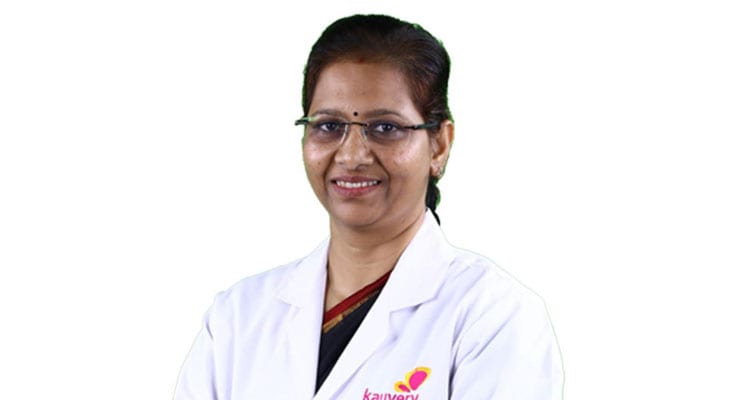Dr Sudha Teresa explains why antimicrobial resistance demands coordinated action across healthcare, policy, and public awareness
 Dr Sudha Teresa, MBBS, Post Doctoral Fellowship, Consultant – Infectious Disease
Dr Sudha Teresa, MBBS, Post Doctoral Fellowship, Consultant – Infectious Disease
Antimicrobial resistance (AMR) is one of the most pressing health threats facing our world today. It’s a silent pandemic, slowly eroding our ability to treat common infections, and threatening to send us back to a time when even minor injuries could be fatal. As a physician, I witness the impact of AMR firsthand, and I believe it’s crucial that we all understand the gravity of this situation and our shared responsibility in addressing it.
AMR occurs when bacteria, viruses, fungi, and parasites evolve to resist the drugs designed to kill them. This means infections that were once easily treatable with antibiotics are becoming increasingly difficult, and sometimes impossible, to cure. This resistance isn’t just a theoretical concern; it’s happening right now, in hospitals and communities around the globe. In India, increasing drug resistance is being recorded in common diseases such as Cholera, Enteric fever, and meningitis.1 We’re seeing rising rates of infections resistant to multiple antibiotics, leaving us with fewer and fewer treatment options.
The implications of widespread AMR are staggering. Routine surgeries, organ transplants, and cancer treatments – all procedures that rely on effective antibiotics to prevent infections – would become significantly riskier. Simple infections, like pneumonia or a urinary tract infection, could once again become life-threatening. The progress we’ve made in modern medicine is at stake.
So, how did we get here? The overuse and misuse of antimicrobials are the primary drivers of AMR. Overprescribing antibiotics for viral infections (against which they are ineffective), using them in agriculture to promote growth in livestock, and inadequate sanitation practices all contribute to the problem. Every time an antimicrobial is used unnecessarily, it creates an opportunity for resistance to develop and spread. While AMR is a global challenge, India faces a particularly acute crisis, with drug-resistant infections responsible for an estimated 4.95 million deaths in 2019.2
The fight against AMR requires a multi-pronged approach, and everyone has a role to play. As healthcare professionals, we must be judicious in our prescribing practices, ensuring that antibiotics are used only when absolutely necessary and that the correct antibiotic is prescribed for the specific infection. We also need to educate our patients about the importance of completing their full course of antibiotics, even if they start feeling better sooner, to prevent the emergence of resistant strains.
Beyond the clinical setting, public awareness is crucial. People need to understand that antibiotics are not a cure-all for every illness. They should not demand antibiotics from their doctors for viral infections like the common cold or the flu. Instead, they should focus on preventive measures like handwashing, vaccination, and practicing good hygiene.
The agricultural sector also plays a significant role. The routine use of antibiotics in livestock to promote growth needs to be drastically reduced. Farmers should adopt alternative strategies for disease prevention and treatment, prioritising animal welfare and responsible antibiotic stewardship.
Furthermore, investment in research and development of new antibiotics and alternative therapies is essential. The pipeline for new antibiotics has been dwindling for years, and we desperately need new drugs to combat the growing threat of resistant infections. We also need to explore alternative approaches to treating infections, such as phage therapy and immunotherapy.
Finally, global collaboration is paramount. AMR is a global problem that requires a global solution. International cooperation is needed to share best practices, track the spread of resistant organisms, and coordinate efforts to develop and implement effective strategies.
Combatting AMR is not just a medical challenge; it’s a societal imperative. It requires a collective effort from healthcare professionals, policymakers, farmers, researchers, and the public. By working together, we can preserve the effectiveness of existing antimicrobials, develop new treatments, and protect future generations from the devastating consequences of untreatable infections. The time to act is now. Our health, and the health of future generations, depends on it.
References:
1 https://ncdc.mohfw.gov.in/wp-content/uploads/2024/07/File622.pdf
2 https://www.healthdata.org/sites/default/files/2023-09/India.pdf